Many enterprises and people in Europe question if the mimicking of US strategy toward China is in the interests of the continent, despite some European politicians' constant calls for "de-risking" from China.
Since the souring of Sino-US ties,the United States has been pushing for a united approach with the European Union as opposed to China, experts said. But a distinction exists between companies' actions and the government's slogans.
Data from the statistical office of the EU, or Eurostat, showed that the EU's imports from China nearly doubled between 2018 and 2022.The EU's imports of phones, computers and machinery from China have witnessed sharp increases.
Last year, European carmakers' sales to China boomed, reaching 24.2 billion euros ($26.2 billion),according to the European Automobile Manufacturers' Association.
From 2022 to the first five months of 2023, China was the EU's second-largest trade partner, the largest source of imports and the third-largest export market, according to Eurostat. The total value of the EU's imports and exports with China reached 856.3 billion euros last year,up 22 percent year-on-year.
Figures show that there are many common interests between China and the EU, which makes cutting or putting restrictions on Sino-EU economic ties an irrational and difficult option from a business and commerce perspective, said He Zhigao, an associate researcher at the Chinese Academy of Social Sciences' Institute of European Studies.
With Germany releasing a report saying that "de-risking" from China is "urgently needed", Stefan Hartung,head of Europe's largest car parts supplier Bosch, told the Financial Times that "de-risking is not really a great term" and that "you can't de-risk by isolating yourself".
At allies' cost
"The concept of 'de-risking' is not able to help foster healthy development of Sino-EU ties, as the EU officials thought. In contrast, the idea is likely to be magnified and exploited by the US," He said.
"The US actually only pursues its own interests. After the outbreak of the Ukraine crisis, almost all of the US' policies have actually harmed the interests of its European allies."
The sanctions against Russia, for example, he said, have made Europe highly dependent on US energy.
Last year, the European Commission said the EU was the US' largest destination for LNG exports, accounting for more than 52 percent of supplies.
A senior EU official once told Politico: "The fact is ... the country that is most profiting from this war is the US because they are selling more gas and at higher prices."
Many European citizens also do not think it is a good idea for Europe to be aligning its policy with the US,according to a poll released by the Pew Research Center on June 27.
Belen Garijo, chief executive of Germany's leading science and technology group Merck, said severing commercial ties with China would come at a substantial economic cost,a Xinhua News Agency report said.
"Globalization has brought wellbeing to the world, with more innovation and cooperation, but we risk losing it," Garijo said.
He, the CASS researcher, said Europe's relations with China should not be swayed by US policies. "Only in this way can Europe truly realize its own interests, avoid falling into the anti-China trap, and prevent itself from becoming a tool used by the US."












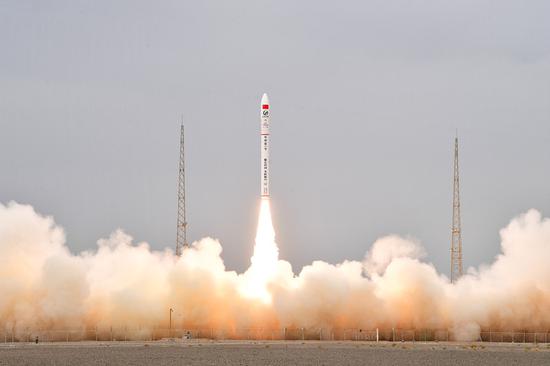




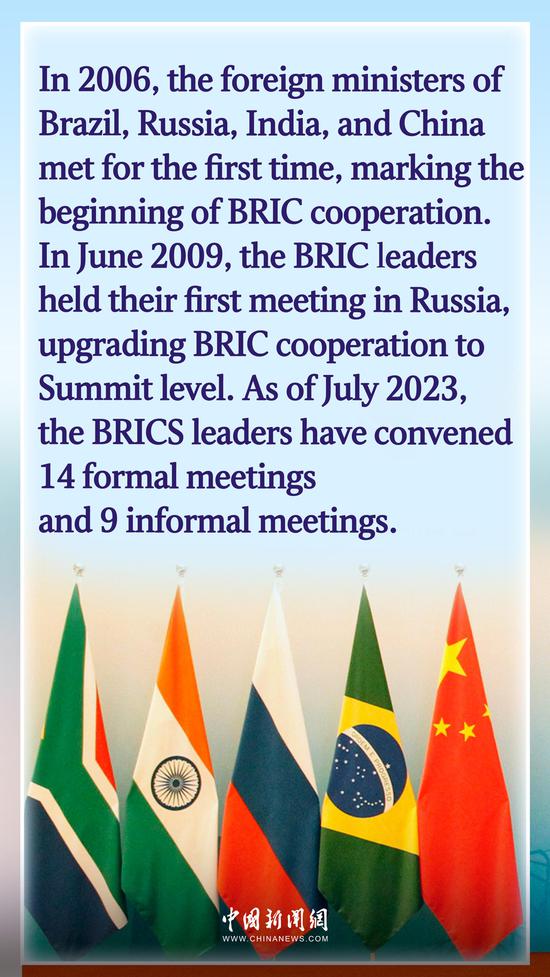
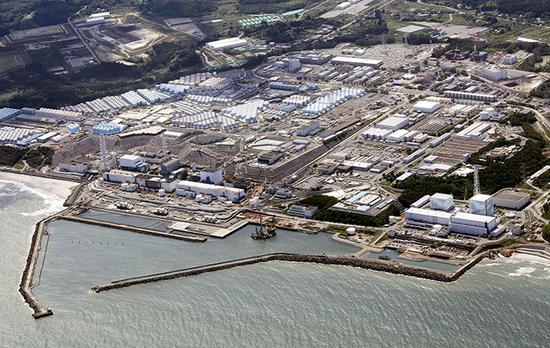
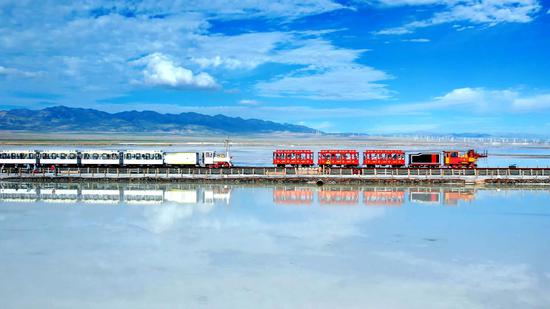





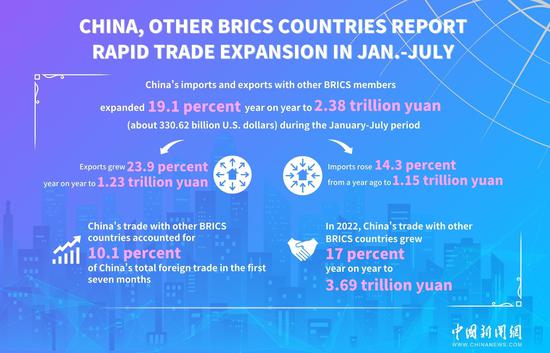



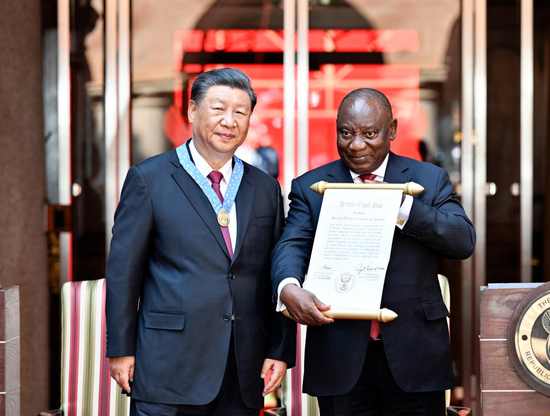
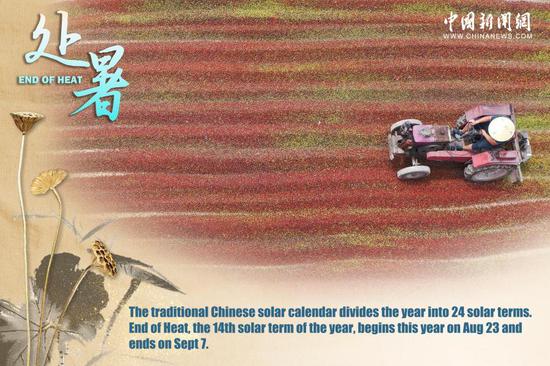




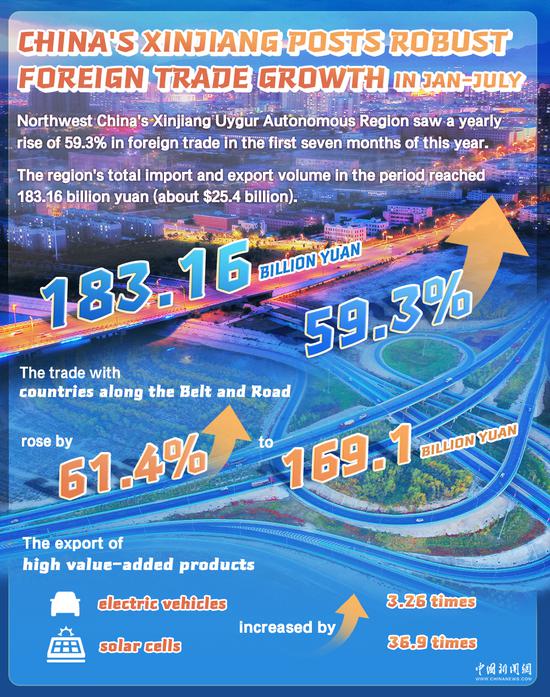
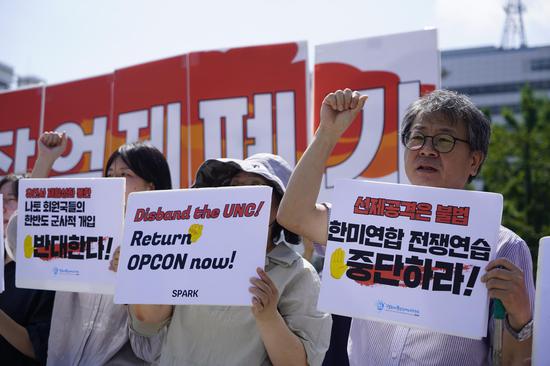

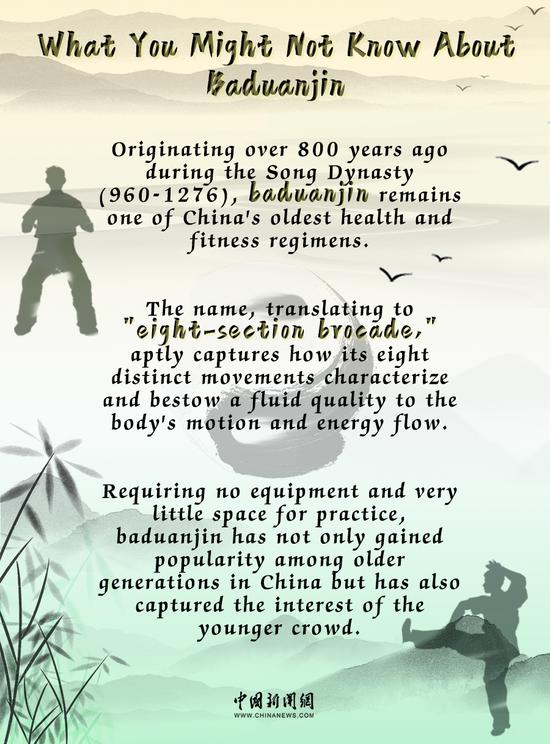
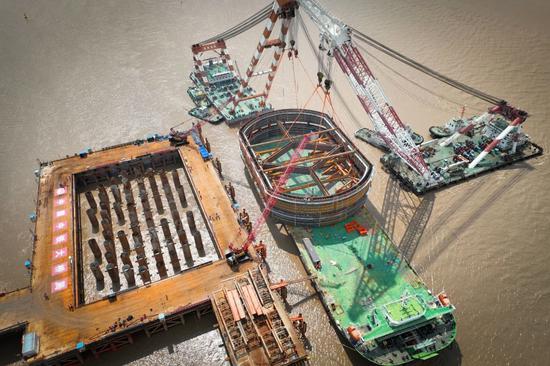



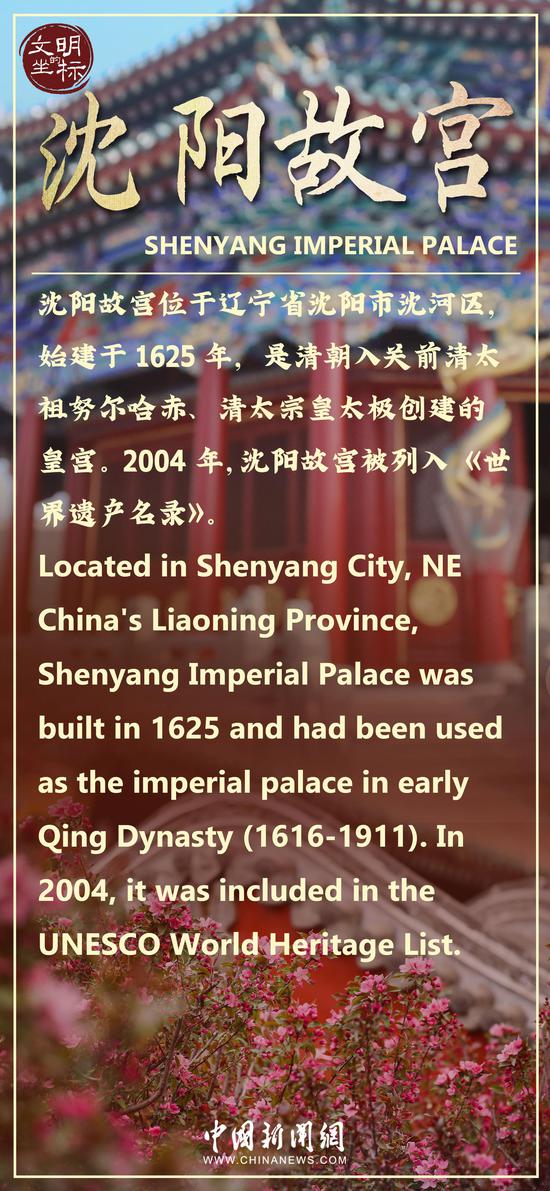
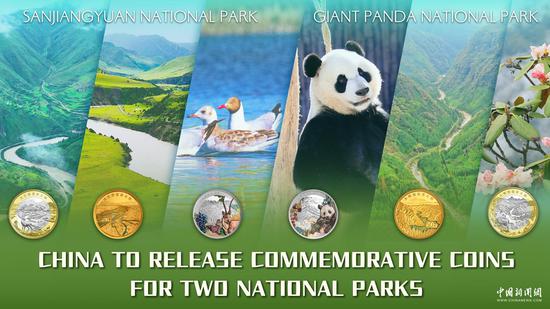





 京公网安备 11010202009201号
京公网安备 11010202009201号